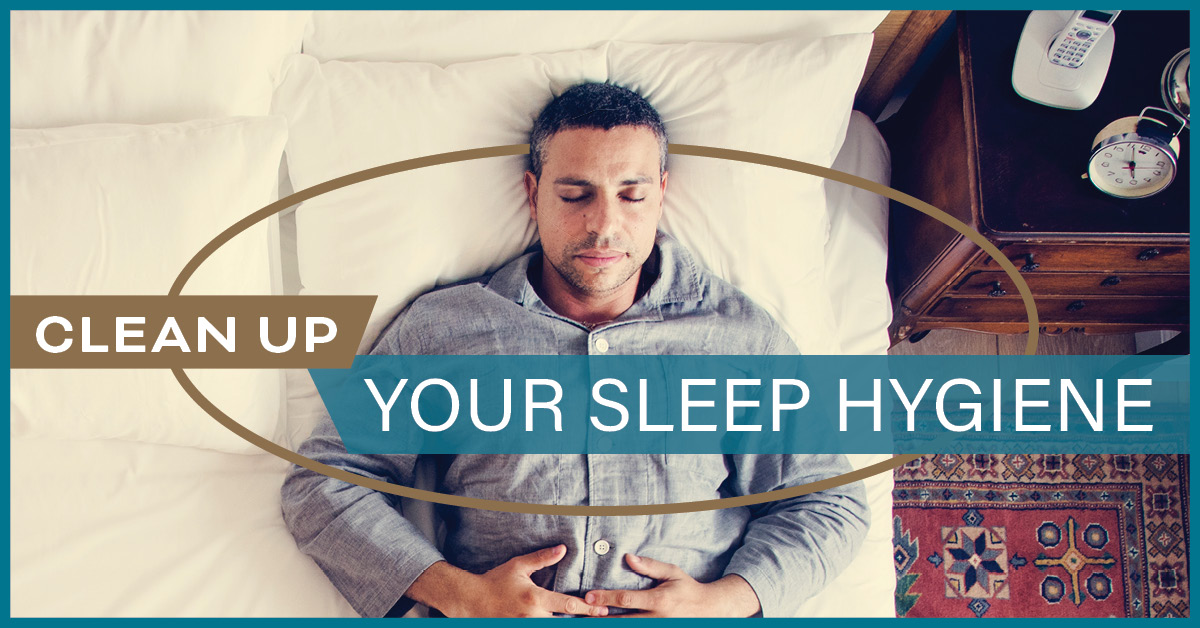
Getting restful sleep is by far the most important thing that we can do for ourselves. The process of sleep, and going through the proper phases of sleep, allows your body to reset and detox.
Proper sleep allows your parasympathetic system to strengthen and work optimally. The parasympathetic system is sometimes called the “rest and digest” side of your nervous system. It’s the “business as usual” system that keeps the basic functions of your body working properly.
When you don’t get enough sleep and/or poor quality of sleep, it puts your body in an imbalance and a state of constant stress. This can lead to impaired focus and worsened moods, and has been linked to an increased risk of Alzheimer’s disease.
Most adults need 7-8 hours of sleep per night, but the reality is that most of us function on 5-6 hours per night – and many people get even less. Many people also suffer from sleep disorders, such as insomnia or sleep apnea. These disorders can go undiagnosed and untreated for many years, and just worsen chronic disease.
Tips to clean up your “sleep hygiene”
Many things, including the amount and quality of water you drink, stress levels, hormones, toxin load, digestive system, housing temperature, sleep hygiene and more, can affect the way we sleep.
Starting with good “sleep hygiene” is very important. Here are some places to start:
- Sleep in a cool, dark environment.
- Take away all forms of electric stimuli. (I know this is hard since most of us sleep with our phones next to us!) A good rule of thumb is to not even have a TV in the bedroom.
- Limit activities: The bedroom should be for sleep and sex.
- Set a regular bedtime that allows you to get 7-8 hours of sleep each night.
- Go to bed and get up at the same time each day.
- If you don’t fall asleep within 20 minutes, get up and do a relaxing activity, then try again. Don’t just lay in bed wide awake.
- Get exercise and fresh air every day.
- If your mind is busy or anxious at bedtime, experiment with different techniques like writing a list or meditation.
- Limiting nighttime snacks and beverages at least 2 hours before bed will also allow for better relaxation.
If you are a snorer or have been told that you choke or stop breathing while sleeping, then please talk to your doctor about sleep apnea and getting tested. This can change your life and is the first thing I talk about with my patients at Evoke 5 Medical Center.
If you suspect you may have insomnia, be sure to talk with your doctor about that, too. Common signs are trouble falling asleep or staying asleep, waking too early, or feeling tired when you wake up.
Bedtime reading about sleep
Want a little bedtime reading about the importance of good sleep – and how to get it? Check out some of my favorite articles:
- How to Determine Poor Sleep Quality
- 6 Steps to Better Sleep
- Insomnia: Symptoms, Causes, Diagnosis and Treatment
- 6 Lifestyle Remedies for Sleep Apnea
- Sleep Apnea
If you’d like more support investigating your sleep issues or improving your sleep, get in touch with us at Evoke 5.
